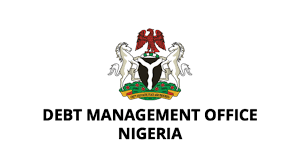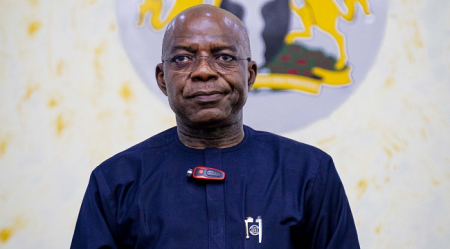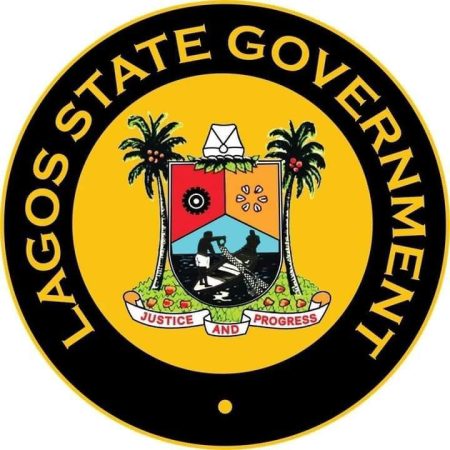Nigeria’s public debt reached a staggering N144.67 trillion ($94.23 billion) by the end of 2024, marking a significant 48.58% surge from the N97.34 trillion ($108.23 billion) recorded at the close of 2023. This substantial increase, as reported by the Debt Management Office (DMO), reflects a worrying trend of escalating debt accumulation, with a 1.65% quarter-on-quarter rise from September 2024 further emphasizing the growing financial burden. The escalating debt poses significant challenges to Nigeria’s economic stability and long-term fiscal sustainability, particularly given the volatile global economic landscape and the naira’s continued depreciation.
This surge in public debt can be attributed to substantial increases in both external and domestic borrowings. External debt experienced an alarming 83.89% jump, rising from N38.22 trillion ($42.50 billion) in December 2023 to N70.29 trillion ($45.78 billion) in December 2024. This dramatic increase was driven by new borrowings from international sources and exacerbated by the naira’s devaluation against the dollar, effectively inflating the local currency value of dollar-denominated loans. Concurrently, domestic debt also witnessed a considerable upswing, increasing by 25.77% from N59.12 trillion ($65.73 billion) in December 2023 to N74.38 trillion ($48.44 billion) in December 2024. This reliance on both internal and external borrowing underscores the fiscal pressures faced by the government.
The composition of domestic debt reveals a contrasting picture. While the Federal Government’s share of domestic debt saw a substantial increase of 32.19%, rising from N53.26 trillion to N70.41 trillion, indicating continued reliance on local borrowing for budget financing and infrastructure development, the domestic debt held by states and the Federal Capital Territory (FCT) declined by 32.27%, dropping from N5.86 trillion to N3.97 trillion. This decrease suggests a more cautious approach to debt accumulation by subnational governments during 2024, perhaps reflecting increased fiscal discipline or reduced access to credit markets.
The final quarter of 2024 witnessed a N2.35 trillion (1.65%) increase in total public debt, fueled by both external and domestic debt growth. External debt rose by N1.4 trillion due to new foreign loans and further naira depreciation, pushing the total from N68.89 trillion in September to N70.29 trillion in December. Domestic debt saw a more modest increase of 1.29%, rising from N73.43 trillion to N74.38 trillion. Within this domestic debt increase, the Federal Government’s share continued to grow, while states and the FCT experienced a 5.69% reduction, mirroring the trend observed over the entire year.
The distribution of debt between external and domestic sources remained relatively balanced, with external debt comprising 48.59% and domestic debt accounting for 51.41% of the total public debt by December 2024. However, the significant growth in external borrowings raises concerns about Nigeria’s increasing exposure to exchange rate volatility and potential external shocks. Specifically, the weakening naira significantly impacts the real cost of servicing foreign-denominated debt, placing further strain on the nation’s already pressured financial resources.
The breakdown of debt ownership reveals that the Federal Government accounts for the lion’s share, holding N62.92 trillion ($40.98 billion) of the external debt and N70.41 trillion ($45.86 billion) of the domestic debt. States and the FCT hold a smaller portion, accounting for N7.37 trillion ($4.80 billion) of external debt and N3.97 trillion ($2.58 billion) of domestic debt. The substantial increase in public debt, especially the rapid growth of external debt, combined with the naira’s depreciation, has raised significant concerns among economic analysts regarding Nigeria’s fiscal sustainability. This escalating debt burden could potentially hinder the country’s economic growth prospects and limit its ability to address critical development needs if not managed prudently.














